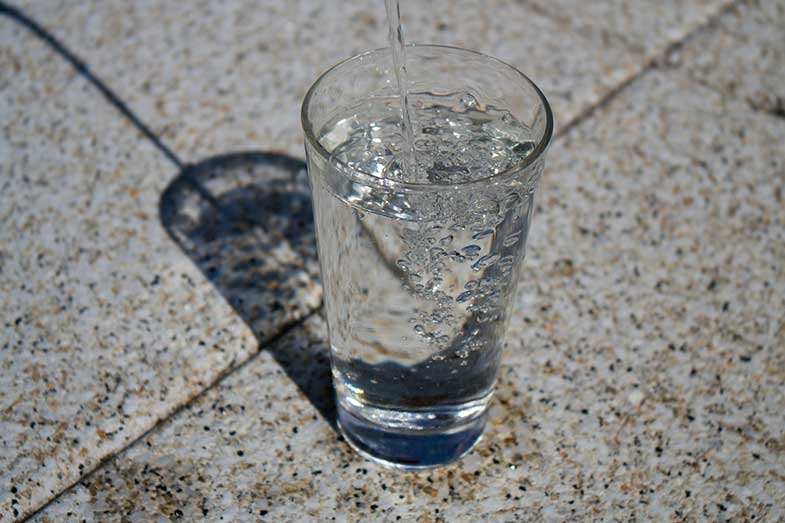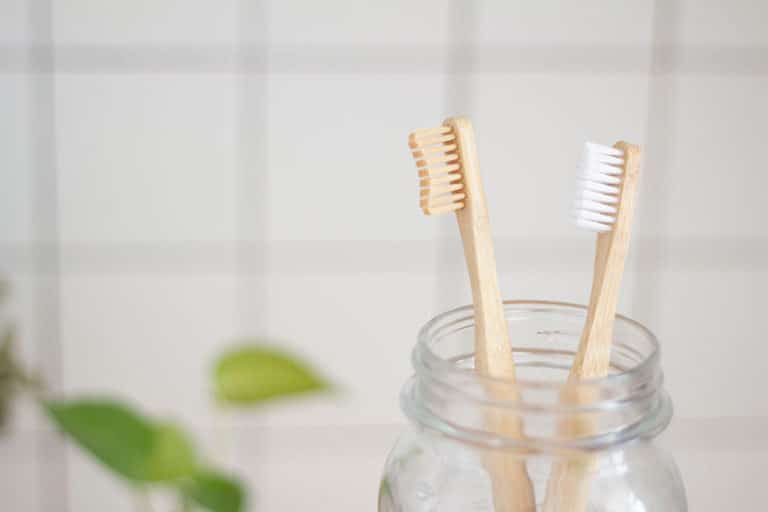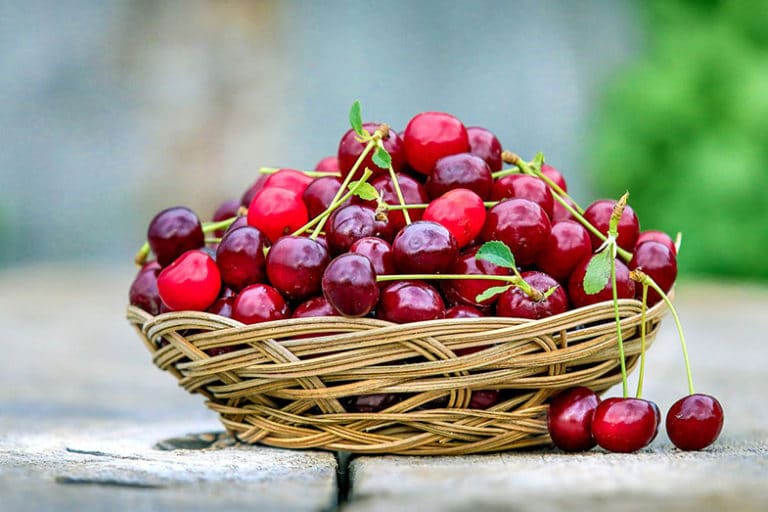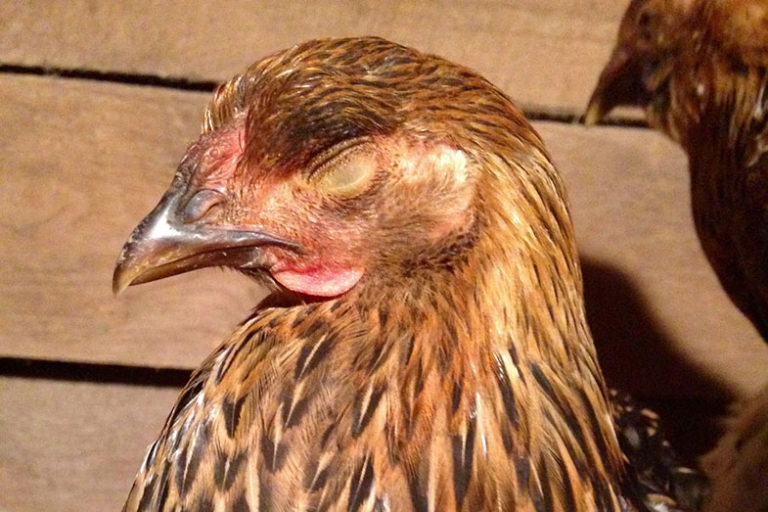Why Is My Face Oily When I Get up From Sleep?
Disclosure: We may get commissions for purchases made through links in this post.
Waking up with a face drenched in oil is one thing that no one wants, but seems to be unpreventable. That often makes us wonder and ask, “Why is my face oily when I get up from sleep?” and some other questions related to our nightly skincare practices. There is a physiological reason behind the face oiliness, and although we can’t prevent it from happening, there are ways to ensure you wake up with a not “too oily” face.
So, why is my face oily when I get up from sleep? Whether you have oily, dry, or combination skin type, the morning oiliness is due to water loss. As a way to prevent dehydration, the body starts to produce more sebum or oil. This oil is also thicker than what the body produces throughout the day.
A better understanding of the reason behind having an oily face upon waking up will make us appreciate more the importance of our nightly skincare regimen. That is exactly what you will find below, plus several ways to limit oil production at night without having to wake up to hydrate. This way, you can wake up with less oil on your face and little to no oil on your pillowcase!

Why Is My Face so Oily When I Wake up in the Morning?
Scientifically speaking, distributed throughout our body, but are more numerous in the scalp and face, are sebaceous glands. These glands secrete cellular debris and fats, which are made up of cholesterol, triglyceride, squalene, and wax ester.
That secretion is then released or excreted through the sebaceous gland’s duct near the hair follicles in the form of sebum or oil. The oil released creates a slightly greasy film on the surface of our skin, helping moisturize the skin and prevent the body from losing too much water, as well as aids in maintaining the skin’s elasticity.
1. Sebaceous Gland Hyperactivity
The sebaceous glands are more active during noontime or midday and then start to slow down during the night. This means that in the evening and while you’re sleeping, the body can lose water via the epidermis or skin’s top layer. That is because it lacks the greasy protective layer provided by the sebum.
As your body loses and uses its “reserved” water, it automatically triggers physiological processes that will prevent possible dehydration, including sebum excretion. Thus, while these glands are supposed to be somewhat “resting” at that specific hour, they work double-time, leading to more oil produced and released, which then sits on your face.
2. Sweat and Oil Mixture
Another gland distributed throughout our body is sweat glands. The eccrine type of sweat gland is responsible for secreting sweat, which is released via the duct located on the skin’s dermis layer.
When the eccrine glands work while the sebaceous gland is producing more sebum than usual, the sebum combines with the sweat, adding more lipid or fat in it. The resulting product at this point can no longer be lost easily via perspiration but as a thick oil on the surface of your facial skin.
How Do I Keep My Face From Getting Oily Overnight?
From what we learned from the answer to the question “Why is my face oily when I get up from sleep?”, we can’t really control the production of oil that appears on our face. Nonetheless, we can help avoid the overactivity of the sebaceous glands at nighttime or while we are sleeping. You can do so by making sure your body and skin stays hydrated, and here are some great recommendations:
1. Drink Water

Definitely, the best way to hydrate is to drink water! Drinking water throughout the day not only hydrates your body and skin but will also ensure that your body releases toxins. You’re hitting two birds with one stone.
As such, it is best to have water with you wherever you go; while you’re at home, in the office, doing errands, and more. Some experts also suggest drinking a glass of warm water upon waking up in the morning.
Similarly, although it might awaken you once while you’re sleeping because you need to pee, you can drink a glass of water an hour before going to bed. A bottle of water right next to your bed is also a good idea. This way, when you wake up because of a dream, or you feel thirsty or hungry but are too lazy to get up; you can just hydrate and go back to sleep.
2. Consume Healthy Fruits or Vegetables and Take Supplements
Hydrating your skin naturally or from within is not restricted to drinking water. You can also consume food rich in water such as cucumber, apple, lettuce, cabbage, and watermelon. You can either eat them fresh or in the form of salad, as well as make them into juice. Aloe vera juice and coconut water are also great beverages to consider.
Understandably, we consume food and beverages, as well as perform activities that might dry out our skin or lead to moisture loss. We also are sometimes not conscious of the kind of food that we eat, so taking supplements can help. Some supplements that can help moisturize your skin are vitamin E and fish oil.
3. Apply a Moisturizer

Sebum is the body’s natural product that helps lock in the moisture. As mentioned, sebaceous glands are less active as the day ends and in the evening unless you’re properly hydrated or water loss is limited or prevented.
Whatever your skin type is, a moisturizer can act as the “sebum” that aids in preventing water loss and locking in moisture. The only difference is the kind of moisturizer that you should use for your specific skin type. Moisturizers with natural ingredients are also ideal.
Apply moisturizer twice a day; that is in the morning and before going to sleep. You can also do so once a day before going to sleep.
4. Do Not Use Toner Excessively
Toners are products that help remove excess dirt and oil from our skin, preventing clogging of pores. However, excess use of toner can strip off even the natural oil of the skin, leaving our skin too dry. Hence, again, overnight, the sebaceous glands will work more than required to replace the oil lost.
It is best to tone only twice a day, morning and evening, after washing your face. Experts also recommend choosing a mild, non-alcohol based toner made up of natural ingredients. Witch hazel is an ingredient that is great for all skin types.
5. Avoid Over-Exfoliating
Apart from choosing the right skincare products for your skin type and making sure the ingredients won’t harm your skin, the cleaning tools you use on your face must also be gentle enough. Items that won’t over-exfoliate your skin like a highly absorbent, soft face towel. That said, when you dry your skin after washing, you should just pat dry and not rub your face.
Additionally, it would be best if you do not wash your face more than twice a day. That is unless you’re either doing activities requiring excessive physical exertion like hiking and running or attending events that need you to use heavy makeup. During those and other similar times, you can wash your face at least thrice.
Facial scrubs and brushes are also becoming popular nowadays. These products help you remove deep-seated dirt from your skin but may also strip off the natural oil your skin needs, triggering the sebaceous glands to work more. Instead of scrubs and brushes, using cloth pads with salicylic or glycolic acid is a good idea. But again, do not over-do it.
Why Is My Face Oily All of a Sudden?
Now that you know why your face is oily upon waking up and how to limit such oiliness, let us now understand why most of us experience a sudden increase in oil production that leads to having oily or oilier skin.
1. Stress

Much like any other skin problem, stress has a significant role in increasing sebum production. When stressed, your body releases the hormone called cortisol, which in turn triggers the sebaceous glands to release more oil on the scalp and skin.
To avoid stress, you should consider taking a break from your daily routines. This does not only mean taking a vacation but also doing simple activities like reading a book while sitting on a couch and resting your neck or head on a comfortable pillow (view on Amazon).
You must also make sure that you take at least 10 minutes of break from your daily task. You can stand and stretch, grab a glass of water or juice, or just enjoy the view outside the window. Most importantly, make sure that you rest your tired mind and body, by sleeping in your bed mattress (view on Amazon) for at least seven or eight hours.
2. Increased Sugar Consumption
Water-rich food and beverages can help maintain your body’s hydration, while those rich in sugar increase production of a hormone known as androgen. When there is a higher level of androgen, oil, or sebum, the production also increases. If you have a sweet tooth, you can still consume cake, candies, and doughnuts, but make sure to limit it, or you can opt for food with natural sugar such as fruits.
The Takeaway – Why Is My Face Oily When I Get up From Sleep?
To sum it all up, an oily face can mean you are either dehydrated or you’re doing something unhealthy. So, lifestyle stages and careful skincare practices can help you have a glowing, perfectly moist skin.
Although waking up with an oily face is unpreventable, making sure you don’t overproduce sebum or produce thick oil can prevent skin breakouts. This will also ensure your pillow (view on Amazon) won’t absorb this oil that can be a haven for microorganisms.






